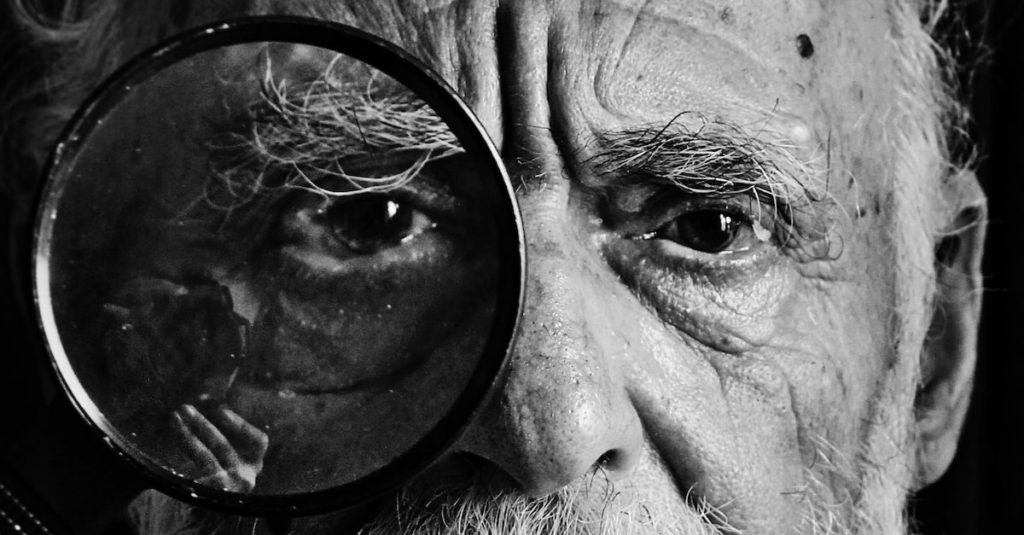Despite the need for more intensive treatment for high blood pressure, only 30% of older adults receive it, according to new research. There is a possibility that the problem is getting worse.
“We haven’t been doing well, despite robust evidence demonstrating the strong benefits of good blood pressure control in older adults,” said Dr. Nicholas Chiu, the study’s lead author and a clinical fellow at Beth Israel Deaconess Medical Center in Boston. “This is a major public health gap that needs to be tackled.”
According to the new study published in the American Heart Association journal Hypertension, researchers examined a decade’s worth of national data from adults 60 and older who previously had a diagnosis of hypertension. Specifically, the researchers identified which patients were receiving “appropriate antihypertensive intensification,” defined as adding an antihypertensive drug to their treatment.
As many as 7,404 primary care visits, representing up to 293 million visits nationwide, warranted treatment intensification based on office blood pressure measurements from 2008 to 2018.
This is a major public health gap that needs to be tackled
Dr. Nicholas Chiu, Beth Israel Deaconess Medical Center
Over the study period, appropriate intensification of medicine never exceeded 27.5%. For patients with no history of high blood pressure medication, based on the broadest measure, the all-inclusive measure, it never exceeded 27.5%. According to the same measure, just 15.3% of patients already taking hypertension drugs were appropriately intensified.
There was a decline in the percentage of patients receiving appropriate treatment intensification under all three published sets of targets during the study period. In 2015-2018, appropriate treatment intensification decreased from nearly 25% of patients under ACP/AAFP targets to about 15%.
A senior author of the study, Dr. Kenneth Mukamal, offered several explanations for the low numbers, including doctors’ concerns that blood pressure-lowering drugs might cause falls and patients’ reluctance to take more medications that may have additional side effects.






